Most of what we accomplish or what we do relies on one thing – our own actions.
If we think or blame others for our actions or what occurs, it will invariably result in a lack of recognition or cognition that “we” individually have the greatest impact on what we do and our relative performance.
Of course, there are situations or events that are out of our control; however, most things are within our control or at least how we respond is totally within our control.
Too often, what we see and hear today is deflection or passing blame or connection with a mistake, problem or issue to someone else rather than reflecting on the problem or issue and what our individual contribution was.
Failing to recognize our personal contributions, may lead some people to begin wordsmithing messaging to deny that an error or problem exists.
It seems that for some, they are less concerned with wanting to get things done right but only want to deflect responsibility or blame, or connection.
The only way to correct anything is to recognize what occurred, identify what went wrong, figure out how it could have been avoided, and then correct the error and move on.
Healthcare organizations went through this evolution in not recognizing malpractice incidents.
Initially, they went into denial, but this led to more litigation and malpractice settlements contributing to a negative public image. Today, the reverse occurs where the matter is recognized and out-of-court settlements occur which happen at lower levels and with less negative public image impacts.
In race car driving we have data that offers a comparative analysis of our performance relative to our co-drivers on our team. The objective is the turn a faster lap time.
Therefore, who did the best lap can assist each of us in identifying the changes needed – a change in our behavior. This is an introspective look at ourselves.
Therefore, any criticisms can be had by merely looking “in the mirror.” I would encourage us all to consider the impact of our own actions.
Featured news
Ted’s Take: Errors in formulas and what it means for AI
Spinach is the best source of iron. I’ve understood this for decades now. As I ate more and more healthy foods, I’d choose spinach salads because of the “great” nutritional value, particularly iron.
Ted’s Take: An ounce of prevention
They stay an ounce of the prevention is worth a pound of cure. Isn’t it the truth.
How physicians are paid
Despite a growing need for general practitioners, the Medicare system is not helping with this shortage given the maldistribution of reimbursement between general medical providers and surgeons and other specialists.

Jayne Koskinas Ted Giovanis
Foundation for Health and Policy
PO Box 130
Highland, Maryland 20777
Media contact: 202.548.0133


